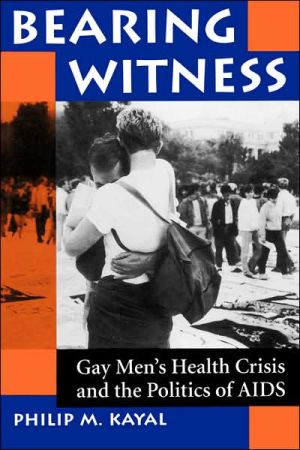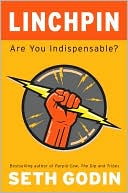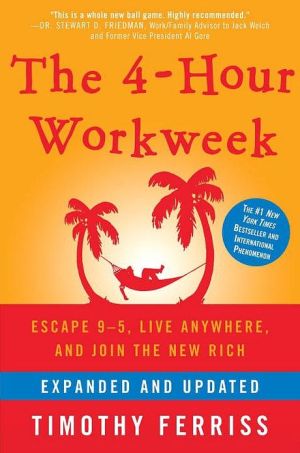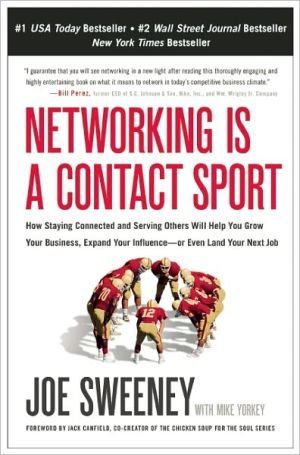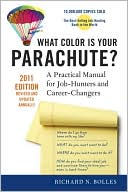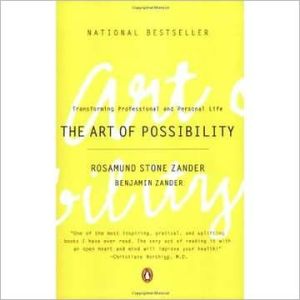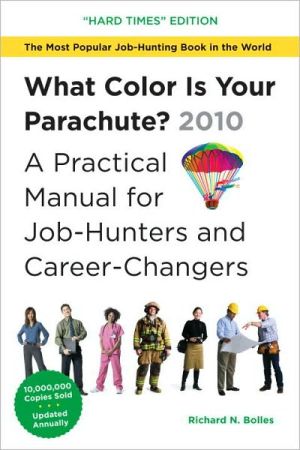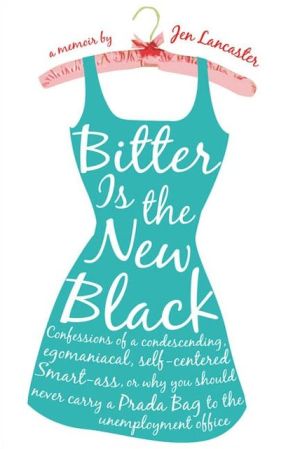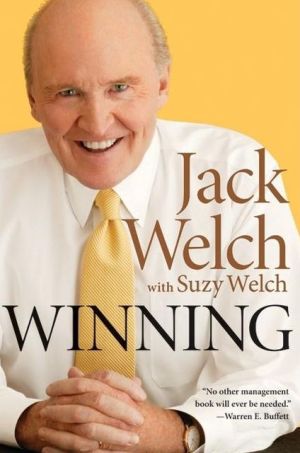Bearing Witness
The untold story in the AIDS crisis is that of the mobilization of the gay community. Bearing Witness is a compelling study of how a community-based initiative--Gay Men's Health Crisis in New York--neutralized the immobilizing power of homophobia and fear of AIDS. From his unique perspective as both a sociologist and volunteer at Gay Men's Health Crisis, Philip Kayal illuminates the social and political meanings of volunteerism by showing how gay/AIDS volunteerism is radical political and...
Search in google:
The untold story in the AIDS crisis is that of the mobilization of the gay community. Bearing Witness is a compelling study of how a community-based initiative--Gay Men's Health Crisis in New York--neutralized the immobilizing power of homophobia and fear of AIDS. From his unique perspective as both a sociologist and volunteer at Gay Men's Health Crisis, Philip Kayal illuminates the social and political meanings of volunteerism by showing how gay/AIDS volunteerism is radical political and religious work. Publishers Weekly Kayal, professor of sociology at Seton Hall University (N.J.), volunteered from 1983 to 1986 at Gay Men's Health Crisis in New York City, and his experience in this pioneer mobilization against AIDS informs his disorganized but sometimes insightful book about volunteerism and cultural transformation. While Kayal offers a first-person account, his analysis is primarily sociological, and his history of GMHC is rather sketchy. He praises gay volunteerism because it is a means of self-affirmation, just as the term ``People with AIDS'' is more humanizing than the term ``AIDS victims.'' However, his castigation of the mainstream media for ignoring the ``remarkable contribution of the gay community to the care of People with AIDS'' seems dated. Kayal warns that ``Gays need to claim AIDS again'' because democratization of the disease will result in a diminution of gay identity that has arisen in response to the epidemic, and that community-based agencies like GMHC may lose their autonomy. Criticizing activists like playwright Larry Kramer for ``fighting hate with hate,'' Kayal argues for recognition that gay volunteerism is a way to join ``the sacred, the political and the personal.'' (May)
DedicationPrefaceAcknowledgmentsIntroduction1Pt. 1AIDS: The Issues1Getting Involved132The Sin Stigma and Gay/AIDS Volunteerism233"Morality" and AIDS Issues354Democratization and the Response to AIDS51Pt. 2Ideology: Volunteerism and AIDS5Volunteerism, Community, and Blaming the Victim716The Political Economy of Volunteerism and AIDS Prevention/Education837Who Volunteers: Minority Volunteerism and GMHC998Gay Volunteerism Before and After AIDS1139Gay/AIDS Volunteerism: A Question of Altruism?12910Volunteerism and Voluntary Associations149Pt. 3The Significance of Gay/AIDS Volunteerism11GMHC and the Community Interest: Institutionalization and Successful Volunteerism16512GMHC's Organizational Success and Problem18113Homophobia, Bearing Witness, and Empowerment19714Gay/AIDS Volunteerism as Political Innovation211Epilogue: Toward the Future227Notes237Bibliography245About the Book and Author261Index263
\ Publishers Weekly - Publisher's Weekly\ Kayal, professor of sociology at Seton Hall University (N.J.), volunteered from 1983 to 1986 at Gay Men's Health Crisis in New York City, and his experience in this pioneer mobilization against AIDS informs his disorganized but sometimes insightful book about volunteerism and cultural transformation. While Kayal offers a first-person account, his analysis is primarily sociological, and his history of GMHC is rather sketchy. He praises gay volunteerism because it is a means of self-affirmation, just as the term ``People with AIDS'' is more humanizing than the term ``AIDS victims.'' However, his castigation of the mainstream media for ignoring the ``remarkable contribution of the gay community to the care of People with AIDS'' seems dated. Kayal warns that ``Gays need to claim AIDS again'' because democratization of the disease will result in a diminution of gay identity that has arisen in response to the epidemic, and that community-based agencies like GMHC may lose their autonomy. Criticizing activists like playwright Larry Kramer for ``fighting hate with hate,'' Kayal argues for recognition that gay volunteerism is a way to join ``the sacred, the political and the personal.'' (May)\ \ \ \ \ Library JournalIn the summer of 1981, gay playwright Larry Kramer met in New York City with a group of friends to discuss a frightening new illness that was killing friends and loved ones. Angered by the inaction of mainstream medical and government health agencies, this group formed what became known as the Gay Men's Health Crisis, now one of the largest and most influential independent agencies committed to AIDS education, research, and assistance. Kayal tells the story of this struggle and of the thousands of volunteers who comfort and care for those living and dying with AIDS. He concentrates on the work of these volunteers--their motivations and rewards--and also discusses the difficulties facing health workers battling the disease when confronted with barriers of racism, homophobia, and the marginalization of the poor and disenfranchised, i.e., those presently most at risk. Recommended primarily for academic collections or larger public libraries with informed lay readers.-- Jeffery Ingram, Newport P.L., Ore.\ \
